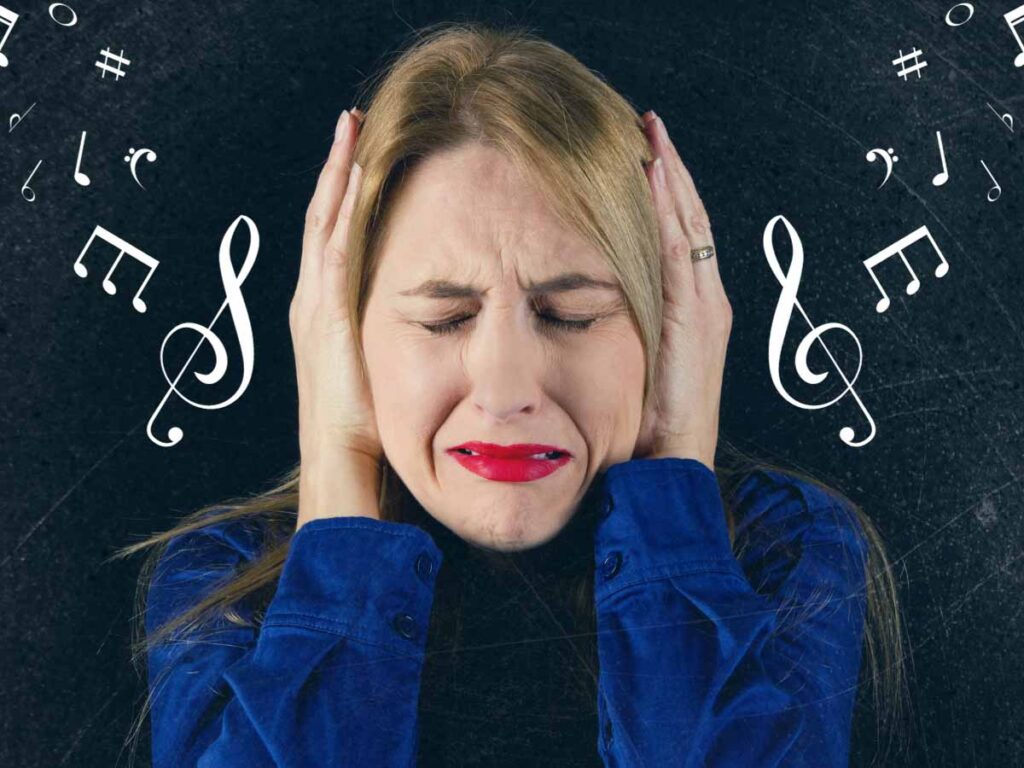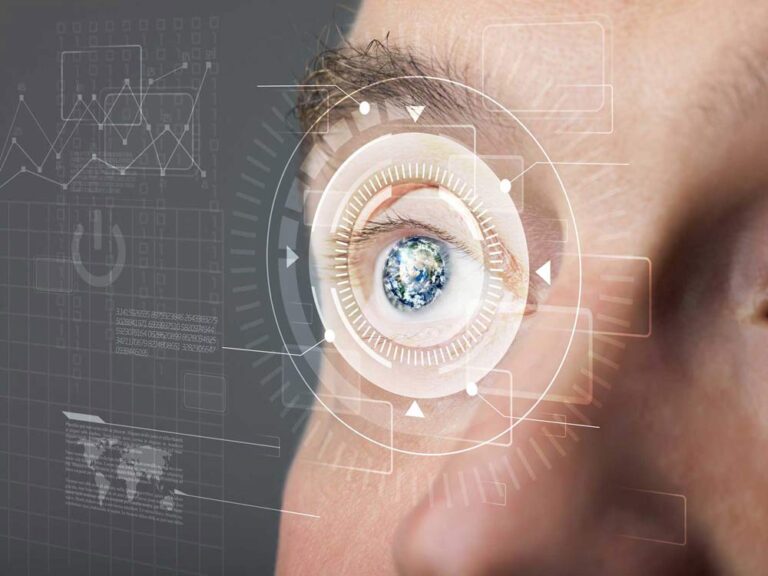
One of my ex-colleagues is a gentleman from Morocco who has a fascinating philosophy of life. He doesn’t listen to music. He doesn’t have any hearing problems, nor did he have a traumatic experience that leads him to stop listening to music. He did it out of his free will. When I asked him about it, he replied that “I don’t want to listen to music because it contains political and marketing messages.”
Hearing such an explanation, most people would dismiss it as something silly, funny, or even paranoid, because who does that? Some people would go as far as to conclude that his ethnicity or religious background played a role in his worldview. However, let’s not dismiss his decision so quickly.
We know that music can change our emotions and mood. Certain songs can make us sleepy, energetic, or even irritated. Listening to certain music can remind us of some past experiences, relive specific moments, generate some ideas, or create some associations.
Therefore, it is one of the main tools used by marketers to bring positive associations to their products, creating whole industries around music. Nowadays, everyone seems to use music to sell and persuade. We hear it when we are in supermarkets, in elevators, and gas stations. Music is so widely integrated into our society that sometimes it feels like we can’t live without it.
When I removed music from my workspace for concentration purposes, I quickly found people asking me how I could work in a quiet environment, suggesting that I turn on a radio or a TV. They felt uncomfortable being in my quite place of work. They needed a stimulation source, to see something in motion, to hear some sounds, anything!
At the same time, my flatmate had an interesting routine of waking up and immediately turning on loud music. After being in a perfect state of quietness, peace, and relaxation, he would jump out of bed and bombard his senses with stimulation. He would then take a shower where he would listen to loud music. He would then leave the house listening to music on his mp3 player, and when he came back home, he would immediately turn off a TV.
But can we blame such behavior? Have we ourselves ever woken up and the first thing we did was turn on the TV or check our phones, perhaps put on some loud music while we were in the shower? I know I have. The best explanation for this behavior I found in the words of Simon Sinek, author of the book “Leaders Eat Last” who said:
“If you wake up in the morning and the first thing you crave is a drink, you might be an alcoholic. If you wake up in the morning and the first thing you do is check your phone […], you might be an addict” [9].
Still, some people don’t see the harm in listening to music while they are in a shower, browse their phone while in public transportation, and watch TV while they are home. If anything else, it seems to be productive. It’s better to do something than nothing, right?
The problem with being overstimulated is that it is good until it isn’t, meaning that while we are overstimulated, are happy, when stimulation level drops, so do our enjoyment level. This is when we start to crave it back.
In Alcoholics Anonymous meetings, it is said that alcohol changes our brain chemistry, and it makes us behave as if we were other people. People who never had such a high level of addiction live happily without knowing what they are missing. For the first time, those who try drugs claim to feel unique and perhaps even want to repeat this experience. However, progressively it takes more and more medications to reach the same level of high, and eventually, we become addicts. The same goes for TV, videos, music, Facebook, smartphones, and any other sort of modern-day stimulation. Most people agree that there is virtually nothing intellectual or exciting on TV today. Still, they watch it anyway for hours at a time until they are satisfied with their high level of sensory stimulation. And this is what they are looking for sensory stimulation, nothing else. And while And there are many ways to achieve it; but we usually have one that is our favorite. And if it may not be evident immediately to us how we do it, we need to ask ourselves what we do when stressed?
Indeed, the problem is not our TVs, smartphones, alcohol bottle, or anything else. The real issue is our desire to escape. We escape from the boredom of the world, from ourselves, and our responsibilities by always pursuing more and more stimulation, until and we can’t imagine doing anything else but to stimulated. When this happens, we become emotional junkies that perceive every slight annoyance as a big deal and another reason to go back to our stimulating activity. Indeed some people need only to break their nail to feel like their day is ruined, and they only seem to be happy if somebody is to promise them the world.
Cure For Over Stimulation
But this is going overboard. I mean, how did we go from taking a shower with some music on to being a full-blown stimulation addict without even being aware that we are so?
The process is very subtle and innocent, and it comes from a combination of things like some TV here and some smartphones there. Soon enough, the outside world does not seem to be as exciting and fulfilling if we don’t get another stimulation hit.
So perhaps we need to go to the sources of stimulation, some of which we already named, such as drugs, TV, smartphones, video games, marketing ads, and so on. There seem to be just so many of them today, so how can we fight them all?
In my personal life, I was surprised to find that my stimulation level was reduced when I was forced to live without a microwave for a long time. Before, I frequently used it to cook and to warm up my food. When it was removed, I felt like a lost boy, not knowing where his parents are, or in the case of food, not sure what I could eat—after a while living without a microwave. However, I could not remember why I needed one in the first place. I even found it funny to have friends ask me how I could live without one because I recognized my previous over-stimulated self in their question. And while living without a microwave is not necessarily an answer to over stimulation, it does offer some insight into what it takes to calm down our minds.
Indeed, being overstimulated is like having a chronicle pain, which does not allow us to concentrate on anything but the pain, clouding us from any subtle sensations of the world, including the warmth of the sun and the pleasure of being in the company of friends. Similarly, in food, over stipulation of our sensation can come from continually adding excess sugar, salt, and spices, which mask the real taste of food. Indeed, a highly stimulated mind could find the food without spices tasteless, while a low stimulated one can distinguish its subtle flavours.
This brings us to a cure for over stimulation, which embraces a low state of stimulation, otherwise known as boredom. To get bored, we need to calm our nervous system down by reducing the number of stimuli from the outside world and, therefore, to reconnect with our inner world. This can be done by purposefully forgoing such things as watching TV, smartphones, the Internet, social media, listening to music, having sex, or doing any other pleasure-seeking activity for that matter, including eating and drinking. We can still do all these things in a purely practical way, but as long as we are trying to increase pleasure or decrease pain using external world objects, we stimulate our minds. This may sound ridiculous for people who spend all their time trying to do the opposite, but often they are not aware of the benefits of a different approach.
Perhaps, the most significant advantage of having a calm and bored mind is that we finally manage to look at small things in life and genuinely appreciate them. Indeed, a genuinely bored person finds a whole new world of sensation behind the noise of high stimulation. Additionally, we should be able to feel alive without no motivation whatsoever. Taken this approach to an extreme, extremely bored person is not bored at all. They find everything super interesting, almost like a high person who finally looks at his hand and sees its fascinating detail.
Another significant advantage of boredom is that it is like meditation. Indeed, the whole premises of meditation is to sit down and to do nothing seemingly. In reality, an experienced meditator is doing a lot, with MRI scans confirming that their brain activity can be way higher than a regular non-meditator. This high brain activity brings us certain advantages, such as a high level of focus in whatever we are doing, improvement in our bodies’ functionality, and increased well-being and life satisfaction to substantially higher levels for non-meditators[1].
As such, we are forgoing using these stimulants for pleasure-seeking purposes does not limit our experience. Instead, like meditation, it opens up to a whole new level of expertise. We should be doing it naturally. A few hundred or even thousands of years ago, humans lived in low stimulating environments where they would pass the majority of their time in an intense stimulation meditative states. It is only with our modern society’s introduction and all the respective distractions that we became so disconnected from our inner world. But we can quickly reconnect to these states as the ability to do so is within us.
Source:
- Young, Shinzen (2016). “The Science of Enlightenment: How Meditation Works.” Sounds True.
















2 thoughts on “Overstimulation: Why You Should Stop Listening to Loud Music”
Pingback: 8 To Do Ideas For When We Are Waiting and Killing Time
Pingback: Spices & Their Unexpected Effect on Our Happiness